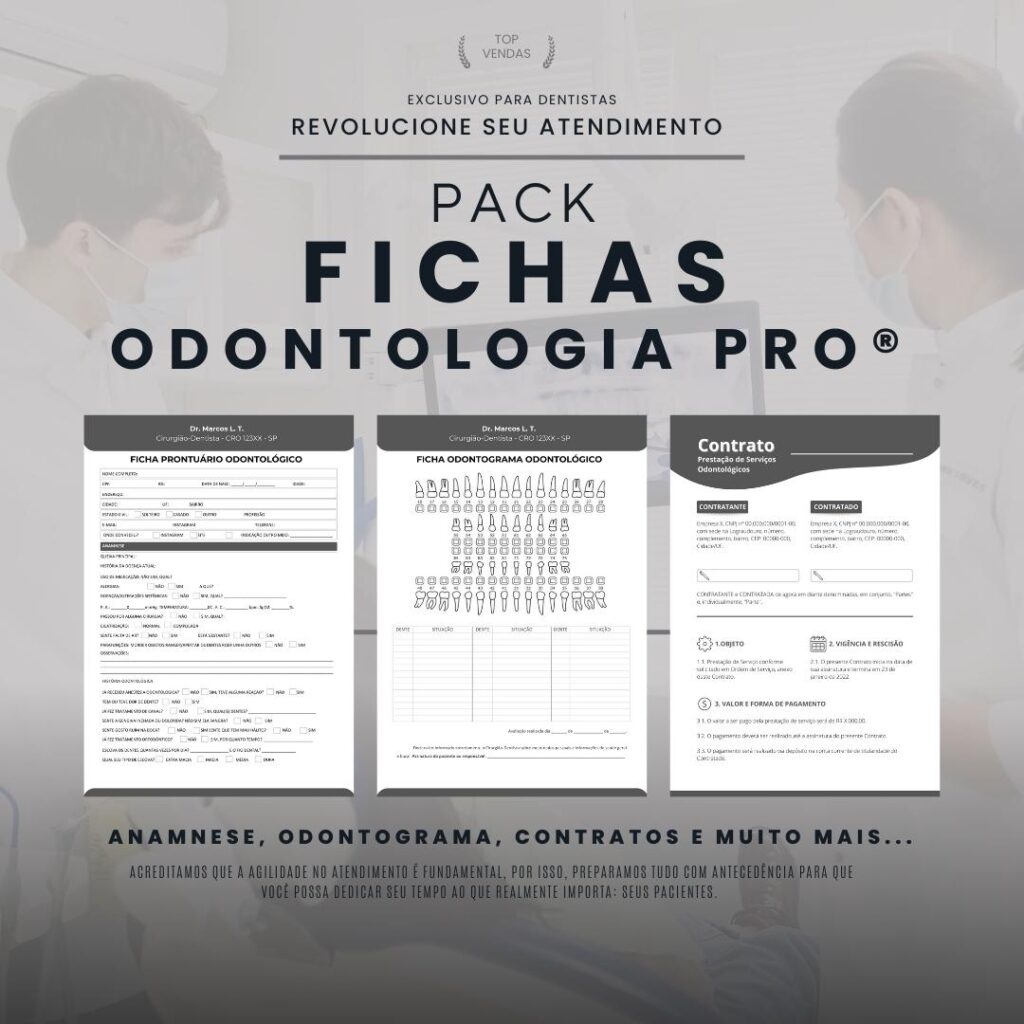What is: Occlusion Related to the Temporomandibular Joint (TMJ)
Temporomandibular joint (TMJ)-related occlusion is a term used to describe the relationship between the position of the teeth and the function of the temporomandibular joint. The TMJ is the joint that connects the jaw to the skull and is responsible for the movements of opening and closing the mouth, chewing and speaking.
How TMJ-Related Occlusion Affects Oral Health
TMJ-related occlusion plays a fundamental role in oral health. When the occlusion is misaligned, it can cause a series of problems, such as jaw pain, headaches, tooth wear, difficulty opening and closing the mouth, among others. Furthermore, malocclusion can also affect the aesthetics of the smile and the patient's self-confidence.
Diagnosis of TMJ-Related Occlusion
The diagnosis of TMJ-related occlusion is carried out by a dentist specializing in occlusion. During the consultation, the dentist will carry out a clinical assessment, which includes analyzing the position of the teeth, the function of the temporomandibular joint and the presence of symptoms such as pain or clicking in the jaw. In addition, additional tests, such as x-rays and MRI, may be requested to assist in the diagnosis.
Treatment of TMJ-Related Occlusion
Treatment for TMJ-related occlusion depends on the severity of the problem and the symptoms presented by the patient. In mild cases, conservative measures, such as physical therapy, use of occlusal splints and changes in eating habits, may be sufficient to alleviate symptoms. In more serious cases, it may be necessary to resort to surgical procedures to correct the occlusion and restore the function of the temporomandibular joint.
Prevention of TMJ-Related Occlusion
Preventing TMJ-related occlusion involves oral health care from childhood. It is important to maintain good oral hygiene, make regular visits to the dentist and avoid harmful habits, such as biting nails or biting hard objects. Furthermore, it is essential to seek appropriate dental treatment to correct occlusion problems as soon as possible.
Complications of TMJ-Related Occlusion
TMJ-related occlusion can cause a number of complications if not treated properly. In addition to pain and discomfort in the jaw, malocclusion can lead to excessive tooth wear, temporomandibular joint problems, difficulty opening and closing the mouth, bite changes and even speech problems. Therefore, it is important to seek specialized treatment as soon as the first symptoms appear.
Importance of dental monitoring
Regular dental follow-up is essential for the prevention and treatment of TMJ-related occlusion. A dentist specializing in occlusion will be able to identify any occlusion problem early and recommend the most appropriate treatment. In addition, the dentist will also be able to advise the patient on the care necessary to maintain oral health and prevent future complications.
Final considerations
Occlusion related to the temporomandibular joint is an important aspect of oral health and can significantly affect the patient's quality of life. It is essential to seek specialized dental care for adequate diagnosis and treatment. With the correct treatment, it is possible to alleviate symptoms and restore the function of the temporomandibular joint, providing a better quality of life for the patient.

